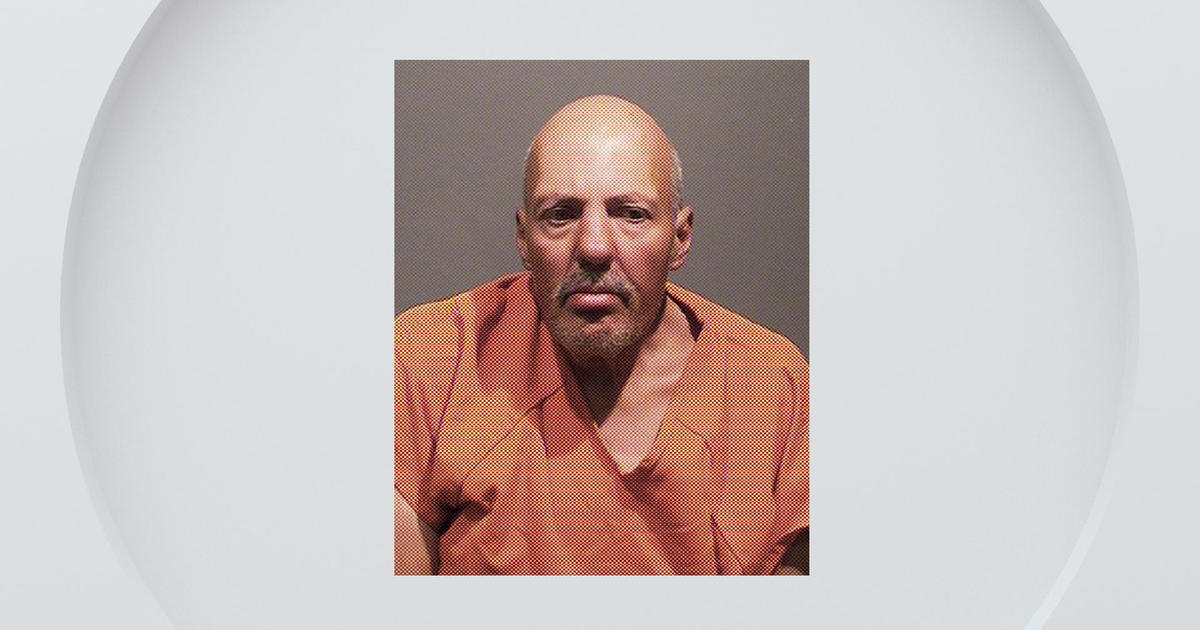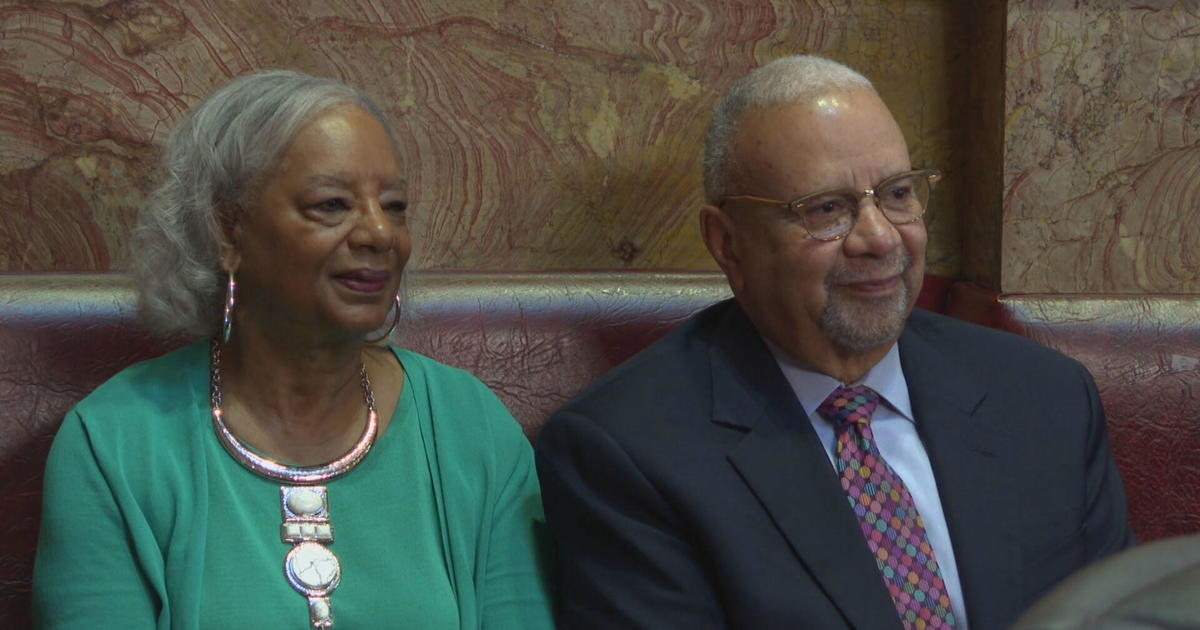Defense's Psychiatrist Says He Had No Doubt Holmes Was Psychotic
CENTENNIAL, Colo. (AP) - Attorneys for Colorado theater shooter James Holmes began presenting their case Thursday by calling a psychiatrist who said Holmes was so psychotic that he could not tell right from wrong when he killed 12 people during a packed movie premiere.
Dr. Jonathan Woodcock interviewed Holmes in jail for two hours on July 24, 2012, four days after he opened fire on the theater. His testimony Thursday drew a flurry of questions from prosecutors that doubted his conclusion that Holmes was seriously delusional around the time of the attack.
Under cross-examination by District Attorney George Brauchler, Woodcock acknowledged that his independent recollection of the interview was vague, his notes were sometimes spotty and he did not press Holmes on some key points.
The doctor said he found Holmes suffering from severe mental illness that made him "tremendously emotionally flat," which may have masked the extent of his problems from classmates and friends. Holmes believed that if he told people about his plans to kill strangers, he would be required to carry out the action, Woodcock said.
"One of his delusions was that if he said he wanted to do something, he would have to do it," he testified.
Woodcock was among the first witnesses called by the defense in an effort to show Holmes was legally insane at the time of the shooting, which also wounded 70 people. The jail visit with Holmes was not intended for Woodcock to form an opinion on Holmes' sanity but rather to see if Holmes was competent to stand trial.
Defense attorneys plan to offer a less emotional and more clinical assessment of Holmes after two months of often-gruesome testimony from prosecution witnesses, including many visibly wounded victims.
Without the scores of victims on their side, Holmes' lawyers will present evidence in less than a quarter of the time taken by prosecutors.
On the first day of the defense case, Holmes appeared clean-shaven in the courtroom, a change from the bushy beard he wore during the prosecution's case.
Before the shooting, Holmes was clearly distressed by the worsening symptoms of his mental disorder, which brought anxiety and pushed him to drop out of his stressful neuroscience program, Woodcock said.
LIVE VIDEO: Watch The Trial Live At CBS4's Theater Shooting Trial Special Section
Holmes told the doctor he began experiencing problems as early as middle school. He started thinking of killing other people as a way to ease the discomfort of his own suicidal thoughts, Woodcock testified.
But Brauchler said any mental problems Holmes had seemed not to substantially impact his life. In response to the prosecutor's questions, Woodcock said he did not know Holmes had been going to the gym regularly, nor did he know that he hadn't missed many classes.
When Woodcock tried to elaborate, Brauchler fired back, telling him, "you'll get a chance to clean this up" upon further questioning by defense attorney Daniel King.
Woodcock's findings were in contrast to two other, court-appointed psychiatrists who examined Holmes in the months and years after the shooting and found him mentally ill but capable of knowing right from wrong at the time — Colorado's definition of legal sanity.
Holmes' attorneys have argued that his mental decline was far greater than the state doctors knew, in part because those doctors analyzed him months and years after the attack. But each of them spent more than 20 hours with Holmes, and one of the interviews was videotaped. Woodcock said he doesn't videotape his interviews.
Even if Holmes knew what he was doing was wrong, he may not have been able to stop himself, Woodcock said. Psychotic people can both know their impulses are wrong and be powerless not to act on them.
"There can be an awareness that they don't want to do this, but they're still compelled to do it," he argued.
He said Holmes has a "twisted orientation" and that there is no point in trying to understand why psychotic people would hide behavior they want others to stop them from carrying out.
"They're by essence crazy. They're illogical," Woodcock said.
If jurors agree, Holmes would be committed to a state mental hospital indefinitely.
The insanity defense is successful in only about 25 percent of felony trials in which it is raised nationally, and the odds are worse in a high-profile homicide.
In Colorado, prosecutors have the burden of proof in insanity cases. Most states and the federal system place that burden on defendants.
- By Sadie Gurman, AP Writer
(© Copyright 2015 The Associated Press. All Rights Reserved. This material may not be published, broadcast, rewritten or redistributed.)



